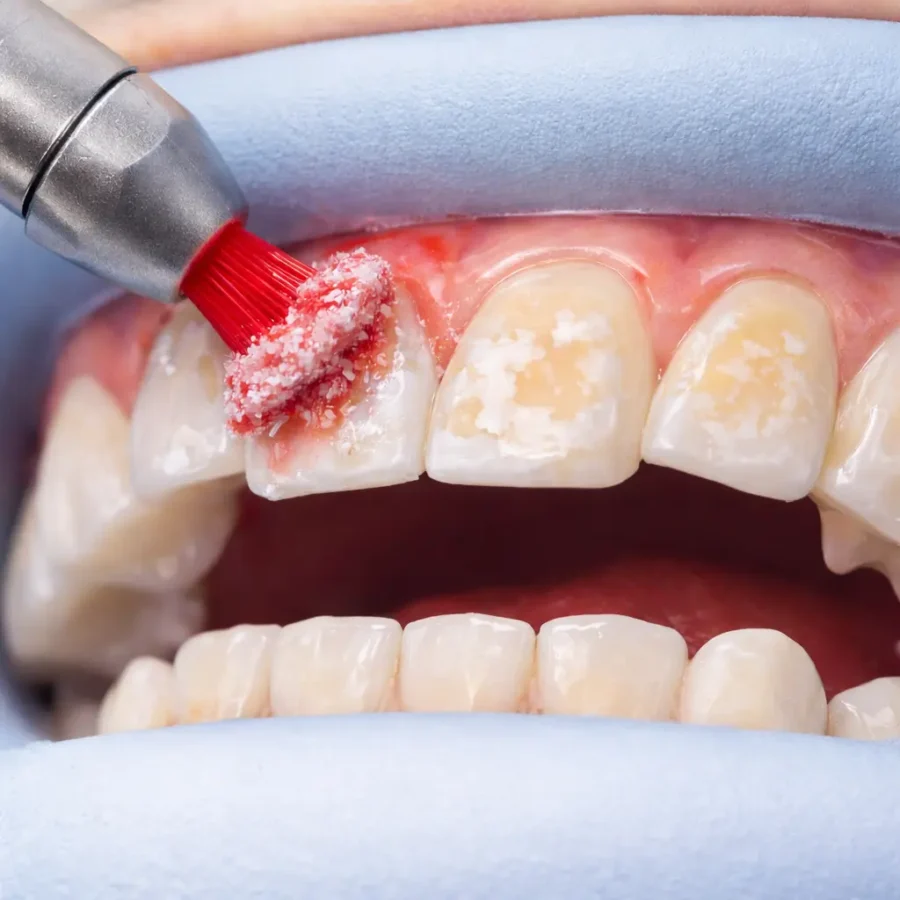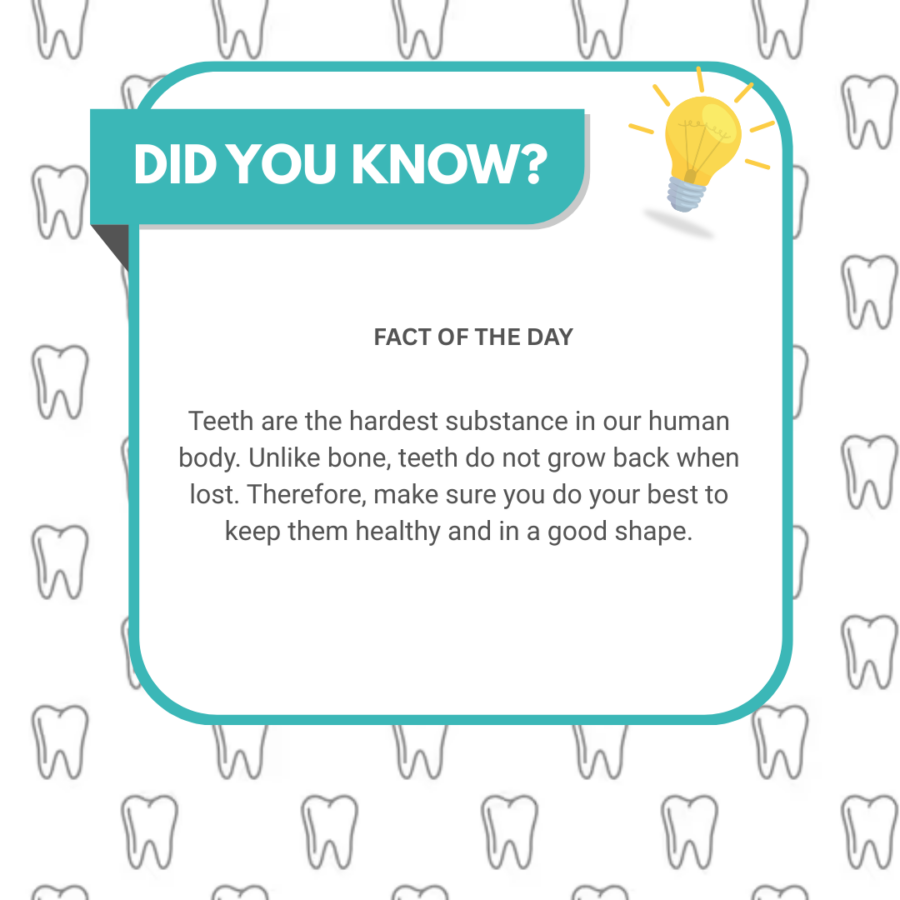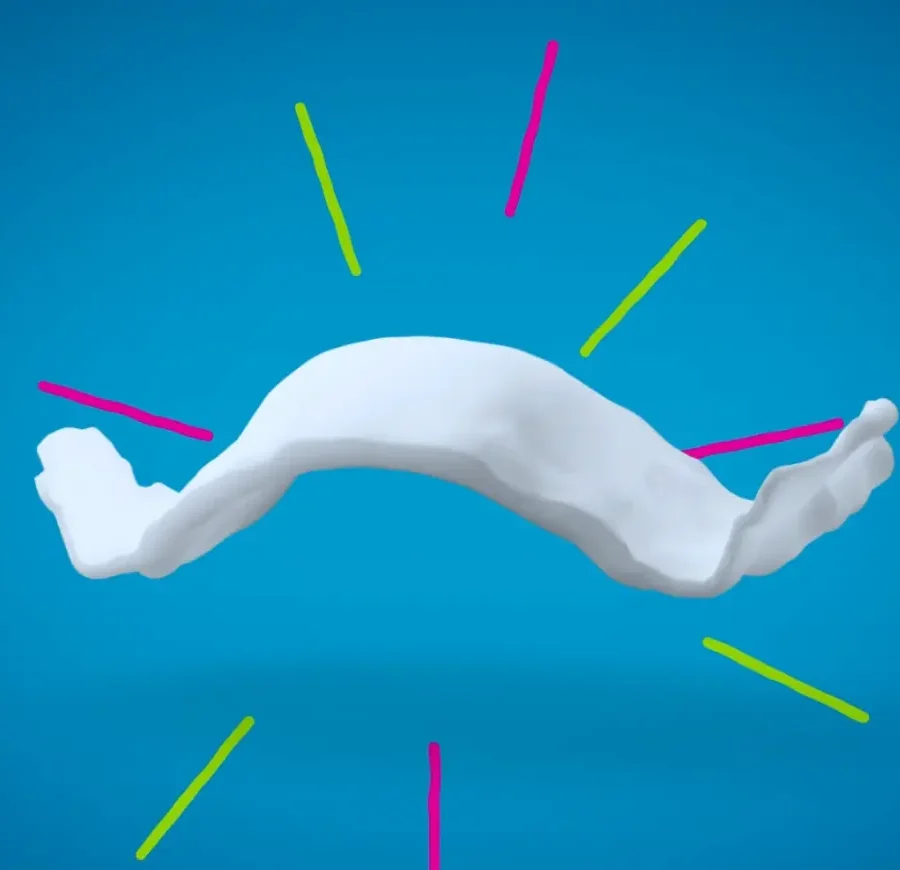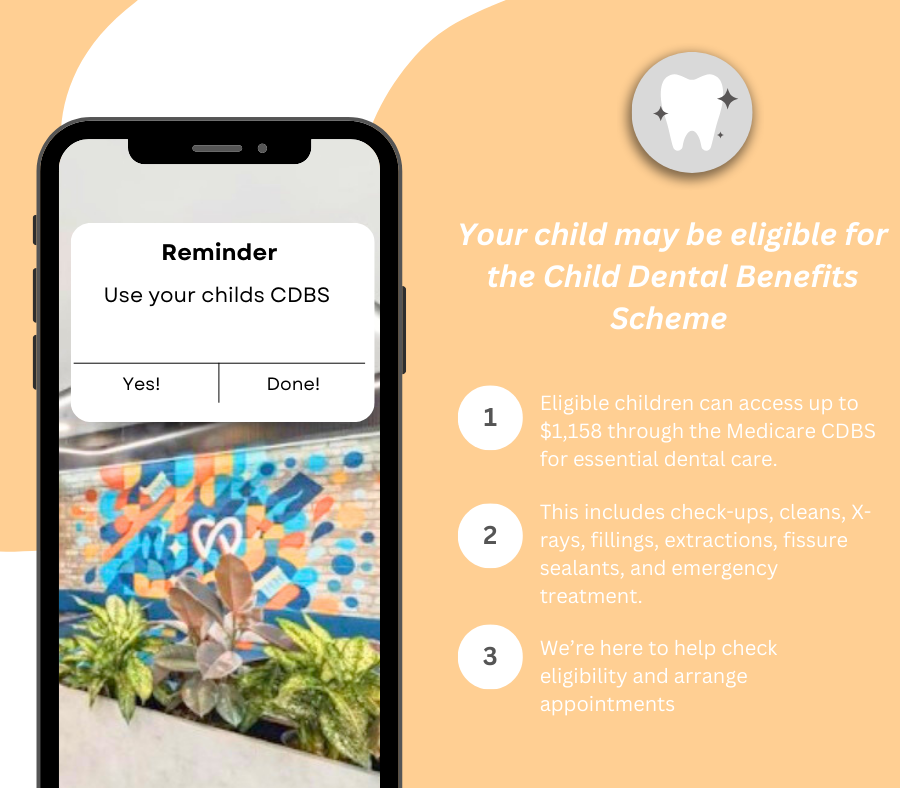What is a sensitive tooth?
A sensitive tooth involves discomfort or pain triggered by hot, cold, sweet, or acidic stimuli, often due to exposed root surfaces from receding gums or enamel erosion.
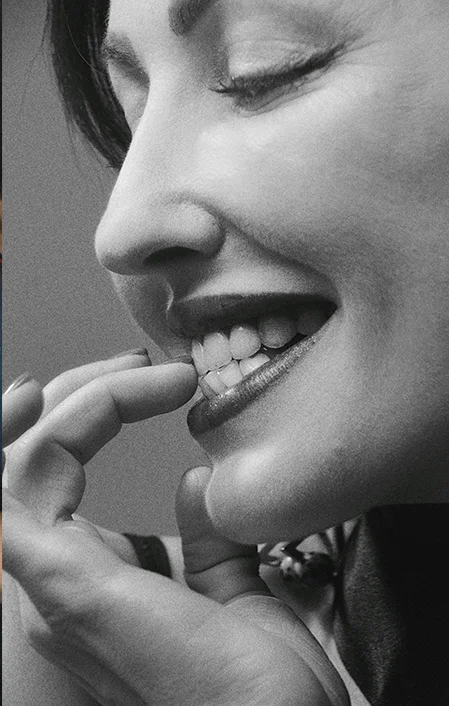
Causes
Enamel Wear
Exposing sensitive tooth structure (dentine) underneath.
Gum Recession
Receding gums can expose tooth roots, leading to sensitive teeth.
Tooth Decay
Cavities or decay can cause sensitive teeth.
Fractured or Cracked Teeth
Cracks or fractures near the tooth nerve can cause sensitive teeth.
Bruxism (Teeth Grinding)
Grinding teeth can wear down enamel and cause sensitive teeth.
Harsh Dental Products
Abrasive toothpaste or aggressive brushing can wear down enamel and expose root surfaces.
Gum disease (Periodontal Disease)
Gum inflammation and recession due to Periodontal disease can cause sensitivity.
Dental Procedures
Some dental treatments may cause temporary sensitivity.
Symptoms
Symptoms of sensitive teeth may include:
Pain or Discomfort
Sharp or throbbing pain when consuming hot, cold, sweet, or acidic foods and beverages.
Discomfort While Brushing
Sensitivity or pain during brushing, especially with cold water or toothpaste.
Breath of Air Sensitivity
Pain or discomfort when breathing in cold air, especially through the mouth.
Discomfort When Biting
Sensitivity or pain when biting down, especially on hard or crunchy foods
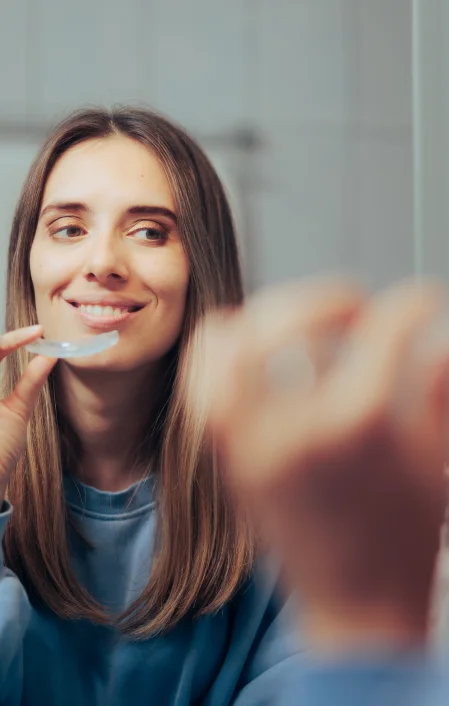

Treatment
The treatment for teeth sensitivity depends on the underlying cause but may include:
Desensitising Toothpaste
Specialised toothpaste designed to reduce sensitivity
Fluoride Gel or Rinse
Application of fluoride to strengthen enamel and reduce sensitivity.
Fillings
Restoring any cavities or areas where the tooth is worn down to cover exposed tooth surfaces.
Gum Grafting
For cases of gum recession, grafting tissue onto the exposed roots to reduce sensitivity.
Root Canal Therapy
In cases of severe sensitivity or nerve exposure, a root canal may be recommended.
Adjusting Bite
In some instances, adjusting the bite to reduce pressure on sensitive teeth.
Avoiding Acidic Foods
Dietary adjustments, avoiding acidic foods and drinks that contribute to sensitivity.
It’s crucial to consult with a dentist for a proper diagnosis and personalised treatment plan tailored to the specific cause of tooth sensitivity. Contact us now to book it in!
Contact Cranbourne North Dental For Sensitive Teeth
If you’re struggling with sensitive teeth, Cranbourne North Dental can help. Our experienced team will assess your situation, identify the underlying cause, and provide personalised solutions to improve your oral health. Don’t let teeth sensitivity affect your daily life — schedule a consultation with us today and take the first step towards better oral health.
Our Treatments
Frequently Asked Questions
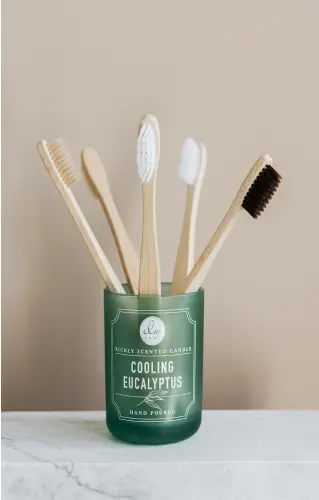
Why are my teeth sensitive?
Sensitive teeth is an issue that affects most of us at some time in our lives. Most sensitivity, which can be called Dentine Hypersensitivity, arises from fluid movement in the dentine layer of our teeth which then propagate and trigger the tooth nerve fibres and result in pain.
Sensitive teeth can be due to multiple reasons:
- Gum recession, resulting in exposure of the root surfaces of the teeth
- Broken or decayed teeth which also expose the dentine
- Worn teeth which have exposed the dentine
- Cracked teeth which move fluid in the dentine layer
- Mouth breathing which can make the front teeth more sensitive
Management of sensitive teeth vary according to the cause but the simplest thing would be to trial a sensitive toothpaste. For cases where there is a problem like decay, you will need timely treatment from your dental professional.
Why do my teeth look longer?
Teeth looking longer is most likely due to gum recession. This is when the gum recedes/goes down and more of the tooth and tooth root can be seen and making it look ‘longer’.
Gum recession can be due to a combination of different factors:
- Unmanaged Periodontal Disease (gum disease)
- Brushing very hard with a medium or hard toothbrush
- Teeth movement out of the bony envelope of the jaw
- Clenching / grinding teeth
It is important to get timely treatment because most of the time if the gum recedes, it is irreversible and the gum doesn’t come back up. So the priority is to stop it from getting worse. There are options for gum grafting but this needs to be assessed on a case by case basis if suitable.

